“If work was a good thing, the rich would have it all and not let you do it.”
—Elmore Leonard, American novelist, born October 11, 1925
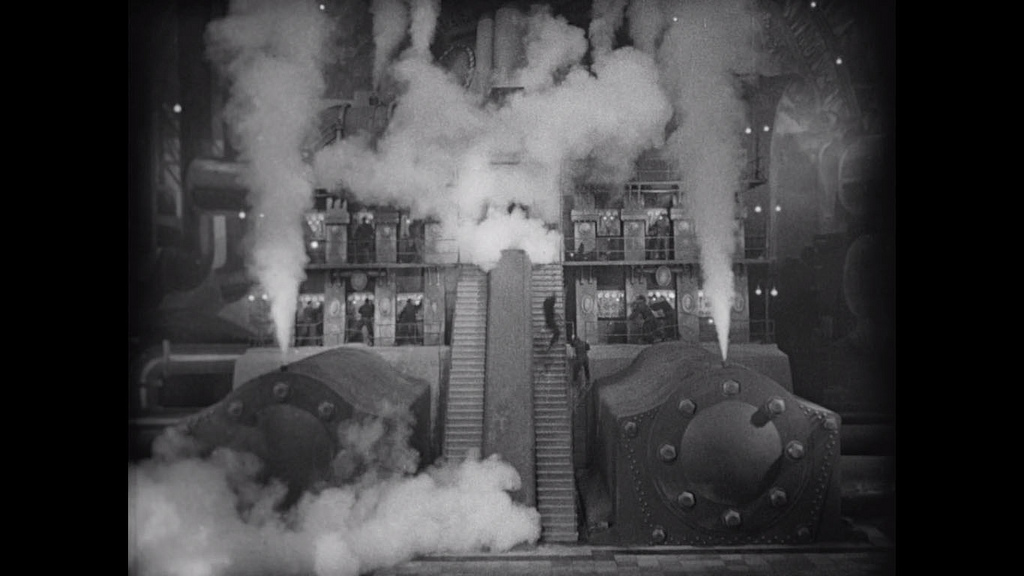 Had a piece yesterday about Singapore looking underground for space to grow, and recalled some classic visions concerning work of the future. “Metropolis” extrapolates from the dreadful human cost of the First Industrial Revolution a world where people are literally fed to the machines. H.G. Wells understood that the owning class would be happy to sequester the working class underground and keep the surface to themselves. The bitter irony in his story is that the workers evolve into cannibalistic brutes who prey on the feather-headed descendants of their “betters.”
Had a piece yesterday about Singapore looking underground for space to grow, and recalled some classic visions concerning work of the future. “Metropolis” extrapolates from the dreadful human cost of the First Industrial Revolution a world where people are literally fed to the machines. H.G. Wells understood that the owning class would be happy to sequester the working class underground and keep the surface to themselves. The bitter irony in his story is that the workers evolve into cannibalistic brutes who prey on the feather-headed descendants of their “betters.”
But in the 20th century the logic of capitalism and the logic of the machine made a world more like Aldous Huxley’s “Brave New World”. Machines provide abundance. Mindless consumerism is the real job of the inhabitants of the World State. We’ve lived there for decades. Henry Ford’s insight that better paid workers would make better consumers generated the world, with a little help from Franklin Delano Roosevelt, of the long boom between the end of World War Two and the capitalist counter-revolution of the greed-is-good 1980s.
Masses of reasonably well-paid consumers will not be required to keep the machine humming in the future. With automation. labor in the traditional meaning of the word is literally unnecessary. The question for the 21st century is what to do with all those consumers whose work is now surplus to requirements. What happens next?

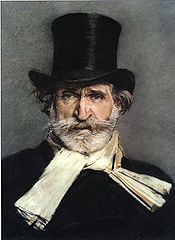 Last night at 21st Century Business Roundtable, Paul Silva, president of
Last night at 21st Century Business Roundtable, Paul Silva, president of 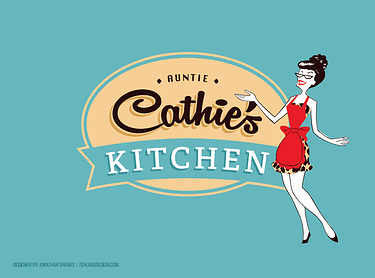 The new
The new 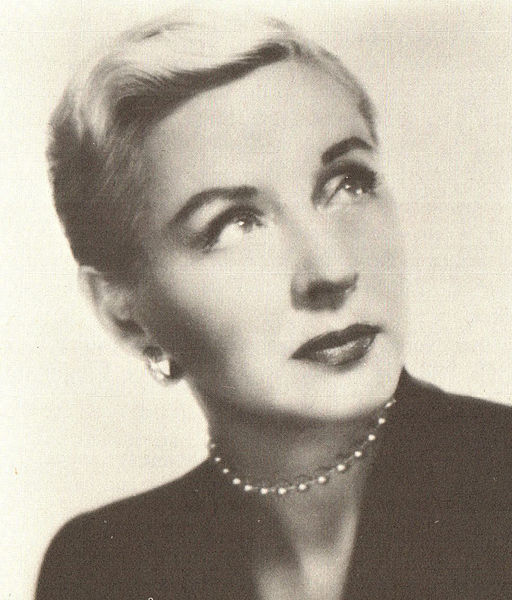 “….In 1939, [Lee] Wiley recorded eight Gershwin songs on 78s with a small group for Liberty Music Shops. The set sold well and was followed by 78s dedicated to the music of Cole Porter (1940) and Richard Rodgers & Lorenz Hart (1940 and 1954), Harold Arlen (1943), and 10” LPs dedicated to the music of Vincent Youmans and Irving Berlin (1951)….These influential albums launched the concept of a ‘songbook’ (often featuring lesser-known songs), which was later widely imitated by other singers….” By the way, if you love the Songbook, do yourself a favor and check out Lee Wiley. She deserves to be better known.
“….In 1939, [Lee] Wiley recorded eight Gershwin songs on 78s with a small group for Liberty Music Shops. The set sold well and was followed by 78s dedicated to the music of Cole Porter (1940) and Richard Rodgers & Lorenz Hart (1940 and 1954), Harold Arlen (1943), and 10” LPs dedicated to the music of Vincent Youmans and Irving Berlin (1951)….These influential albums launched the concept of a ‘songbook’ (often featuring lesser-known songs), which was later widely imitated by other singers….” By the way, if you love the Songbook, do yourself a favor and check out Lee Wiley. She deserves to be better known. 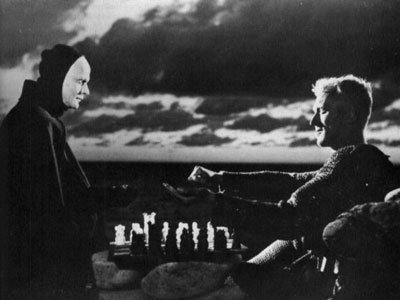 A Millenial reported watching Ingmar Bergman’s “Wild Strawberries” in his Psychology Class. We didn’t find out what he thought about it: he’s sixteen, and will not communicate with adults about that stuff. His grandmother, a Baby Boomer, thought it would be fun to show the Millenial and his Gen X father a short, satirical film called “De Düva” (The Dove, 1968). It’s a very funny pastiche of Bergman: faux-Swedish dialogue (Madeleine Kahn, in her film debut, offers a cigar to her cousin: “Phalliken symbolsk?”), a game of badminton with Death (homage to Bergman’s “The Seventh Seal”), and a mixture of nostalgia, natural beauty, and existential dread. “The Dove” was once very popular at college film societies and art houses (an art house is a movie theater specializing in showing serious independent and foreign films, and revivals. They still exist, I think).
A Millenial reported watching Ingmar Bergman’s “Wild Strawberries” in his Psychology Class. We didn’t find out what he thought about it: he’s sixteen, and will not communicate with adults about that stuff. His grandmother, a Baby Boomer, thought it would be fun to show the Millenial and his Gen X father a short, satirical film called “De Düva” (The Dove, 1968). It’s a very funny pastiche of Bergman: faux-Swedish dialogue (Madeleine Kahn, in her film debut, offers a cigar to her cousin: “Phalliken symbolsk?”), a game of badminton with Death (homage to Bergman’s “The Seventh Seal”), and a mixture of nostalgia, natural beauty, and existential dread. “The Dove” was once very popular at college film societies and art houses (an art house is a movie theater specializing in showing serious independent and foreign films, and revivals. They still exist, I think).
